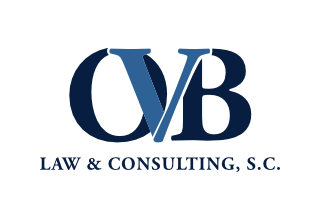On December 14, 2023 the Equal Employment Opportunity Commission (EEOC) announced the launch of a new online system that allows attorneys to electronically file and receive documents related to discrimination charges. This initiative, known as E-File, is a significant step forward in streamlining the process for handling employment discrimination claims and promises to bring about...
Worker misclassification refers to the practice of employers treating individuals as independent contractors when they should be classified as employees. This issue is of particular concern in labor and wage laws as it can lead to negative consequences for workers and employers alike. To address this problem, Wisconsin law creates a default to treat all...
Employers shall not discriminate against employees or qualified applicants based on their age. Pursuant to Title VII of the Civil Rights Acts of 1964, it is unlawful for an employer to discriminate based on an employee or potential employee’s protected class. Under both Federal and Wisconsin law (Wis. Stat. § 111.33), age is a protected...
On July 21, 2023, the United States Citizenship and Immigration Services (USCIS) announced a new version of the Form I-9 would go into effect on August 1, 2023. While previous version of the form can still be used until October 31, 2023, all employers are required to transition to the new Form I-9 by November...
Not long after Mother’s Day, working mothers will finally be given the gift of the right to fair treatment and accommodations for pregnancy, childbirth, nursing, and related health conditions. Two major federal laws recently went into effect to provide greater expansion into the rights of pregnant and nursing workers: The PUMP for Nursing Mothers Act...
Nearly one-in-five Americans are bound by a non-compete agreement. A non-compete agreement is an agreement between an employee and employer that “prohibits the employee from competing with the business directly or indirectly for a specific duration of time after their employment has ended.” These agreements are typically signed prior to an employee starting their position...
The Americans with Disabilities Act (ADA) protects people with disabilities from discrimination in various areas of public life, including employment on the federal level. The Wisconsin Fair Employment Law (WFEA) similarly protects people with disabilities, among other characteristics such as age and race, from discrimination in employment contexts in the State of Wisconsin. Under both...
Unpaid wages, or wage theft, occurs when an employer fails to pay an employee what they are owed. Though this is not an exhaustive list, withheld wages may include unpaid overtime wages, an intentionally miscategorized employee, unpaid leave or benefits, non-reimbursement of business expenses, and/or failing to meet minimum wage requirements. If an employee suspects...
Employee handbooks are legal documents and should include all relevant policies and procedures that govern employee conduct. They are the primary source of information for employees about their rights, responsibilities, and benefits. They can also protect employers in employment-related disputes and claims. While employee handbooks can be a great way for companies to communicate important...
EmploymentMarch 25, 2023
Retaliation in the Workplace
Workplace retaliation is a common basis of discrimination in employment cases, and state and federal laws provide protections for employees who oppose illegal discriminatory practices. Employees have the right to communicate with supervisors or managers about discrimination, inquiring about salary information, resist sexual advances, request accommodation for disabilities or religious practices, and file a discrimination...












